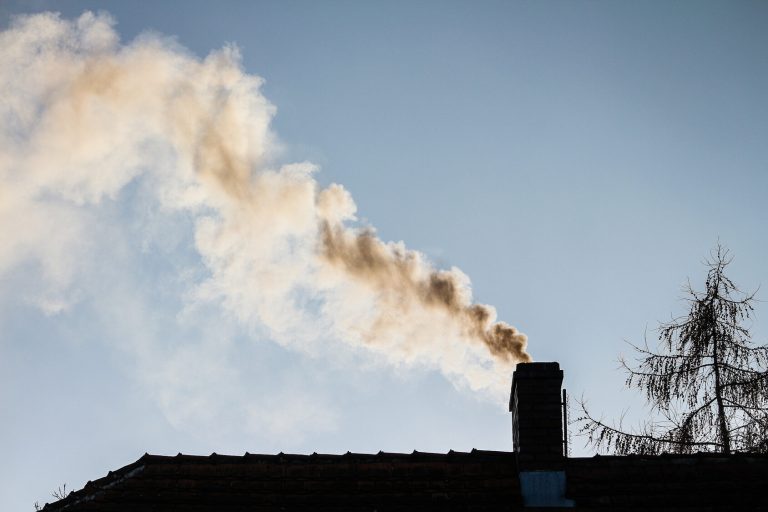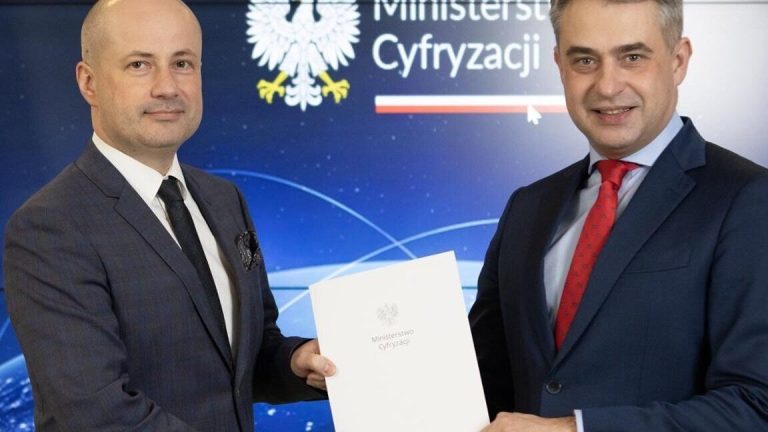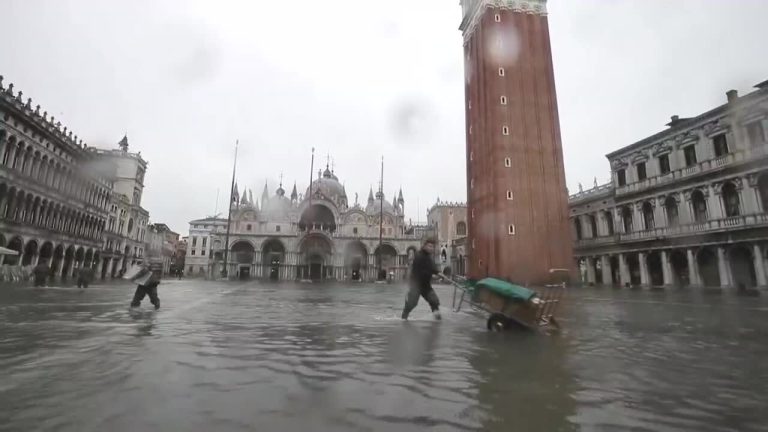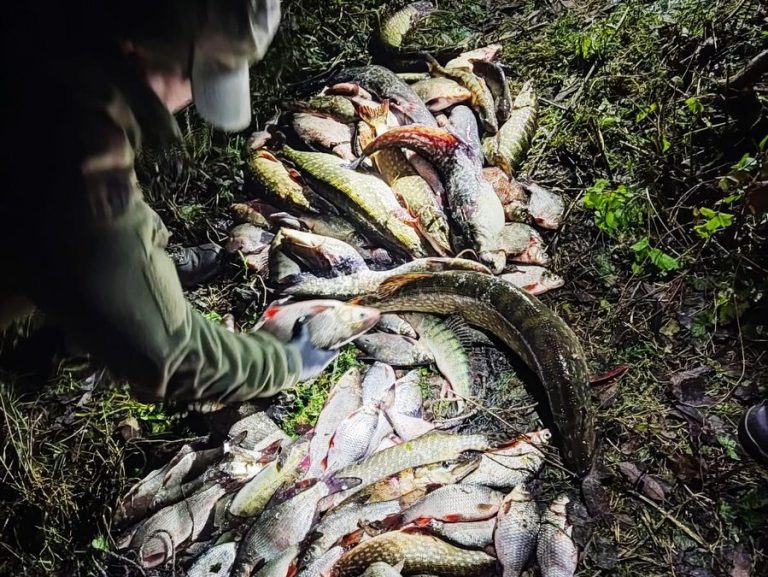Ministry of the Environment: Climate change is a threat to economic development

Climate change and the related problems are becoming noticeable not only to ecologists. Companies and regulators have been talking about it more and more loudly in recent months.
Extreme weather phenomena, such as increasing floods or heat waves and related droughts, will have an impact on the economy in the coming years and may disrupt the functioning of the transport, construction and energy industries – according to the “State Environmental Policy until 2030”. The document shows that the effects of ongoing climate change and poor air quality are the main environmental problems for Poland. Recently launched programs such as “Clean Air” and “Energy Plus” are intended to help solve them. Deputy Minister of the Environment, Sławomir Mazurek, emphasizes that the ministry will continually improve and expand them.
– Good environmental quality also means good conditions for investment and work. Ecological safety has its value, if investors want to develop their plants in a given area and see that the state wants to invest in innovative, modern technologies, then we create space for them to act – says Sławomir Mazurek, Deputy Minister of the Environment, to the Newseria Biznes news agency.
Basis for future actions
The directions of activities in the area of environmental protection are determined by the “National Environmental Policy until 2030” adopted in August. This document will be the basis for future legislative activities and investment of EU funds from the financial perspective for 2021-2027.
– We assume that the “State Ecological Policy” will support such synergy between dynamic economic development and respect for natural resources, in some situations even renaturalization or improvement of the environment – says Sławomir Mazurek.
According to the new ecological strategy, the main environmental problems in Poland include: inadequate air quality, low water resources, effects of ongoing climate change and deficit of tools for creating spatial order. These problems are to be addressed by government programs such as “Clean Air” and “Energy Plus”, aimed at improving air quality and developing renewable energy.
– The priority is to improve air quality and in this area we will implement the Clean Air program, for which we will allocate PLN 103 billion over 10 years. We also want to develop renewable energy sources, and this is where the “Moj Prąd” program comes in handy, under which we will allocate PLN 1 billion for the development of photovoltaics. We will also support individual farmers to develop renewable energy sources on their properties. We want to develop heating in cities, hence the special “District Heating” program, but we also remember about geological resources. Here, in turn, we are launching the “Geotermia Plus” program – Mazurek enumerates.
As he emphasizes, the Ministry of the Environment will monitor how recently launched programs work and continually improve them or expand their scope to make them as effective as possible.
The “National Environmental Policy until 2030” shows that extreme weather phenomena – such as increasing heat waves or floods – will have an impact on the economy in the coming years and may disrupt the functioning of the transport or energy sector. These two industries – apart from construction – are most exposed to the negative effects of extreme climatic phenomena. Therefore, the newly adopted policy is also intended to set standards for developing new transport infrastructure projects and modernizing existing ones. Another challenge is to ensure an appropriate financing system for environmental projects so that the activities of the private and public sectors complement each other.
– We are talking about amounts in the billions here. We want these funds to be used effectively and, by actually developing and improving the quality of the environment, to also strengthen economic development, says the Deputy Minister of the Environment.
The “State Energy Policy until 2040” is also being prepared, the draft of which was published by the Ministry of Energy at the end of last year. This will most likely be adopted after the upcoming parliamentary elections.
– There are a number of innovations regarding coal gasification and hydrogen production. We are also talking about blue coal, so there are a number of innovative solutions that we can use based on our geological resources. We remember that we must move towards an energy transformation assuming that the share of renewable energy sources will increase every year, says Sławomir Mazurek.






